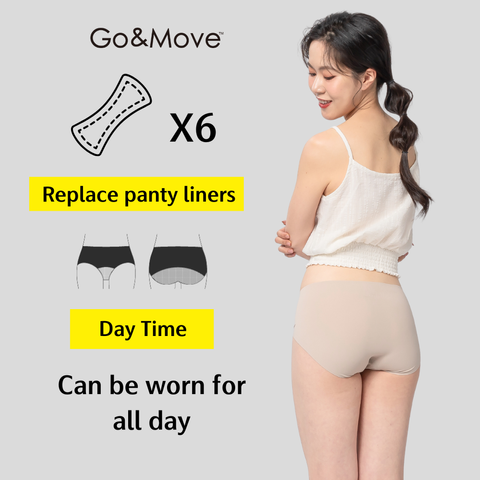Urinary incontinence—commonly referred to as bladder leaks—is a frequent and often under-discussed health concern among women. It can stem from various causes, including weakened pelvic floor muscles, increased pressure on the urethra, hormonal changes (such as those occurring during pregnancy and menopause), and certain medical conditions like urinary tract infections or neurological disorders. For many women, pregnancy and menopause are two critical periods when urinary leakage becomes especially noticeable due to hormonal shifts and increased pelvic pressure.
When Is Urinary Leakage Most Likely to Occur?
Women are more likely to experience urinary leaks during specific life stages. These typically include pregnancy, postpartum recovery, and the transition into menopause. Each of these phases is marked by significant hormonal fluctuations and changes in pelvic muscle tension, both of which can compromise bladder control and lead to involuntary leaks.
How to Improve and Manage Urinary Incontinence
Managing urinary leakage involves a combination of lifestyle changes and targeted exercises:
-
Pelvic Floor Muscle Training
Kegel exercises are one of the most effective ways to strengthen pelvic floor muscles and improve bladder control over time. -
Lifestyle Adjustments
Maintaining a healthy weight, reducing caffeine and alcohol intake, and avoiding smoking can significantly reduce the risk and severity of urinary incontinence. -
Medical Treatment and Professional Consultation
In some cases, consulting a healthcare professional and considering medication or specialized treatments may be necessary for proper management.
The Emotional Impact and How Others Can Help
Urinary leakage is not just a physical issue—it can also affect mental and emotional well-being. Many women may feel embarrassed, anxious, or experience a decline in self-esteem. Emotional support from family and friends plays a crucial role. Encouraging open conversations, showing empathy, and helping find practical solutions can make a meaningful difference. A kind and understanding attitude can go a long way in relieving emotional stress.
Urinary incontinence in women is an important yet often overlooked health issue. By understanding the causes, identifying when it is most likely to occur, and adopting effective coping strategies, women can regain confidence and comfort in their daily lives. Just as importantly, the support and empathy of loved ones are essential in helping women face this challenge with strength and resilience.






